Media Round-up
Closing time at the betel nut stand.
Local commentator Michael Fahey had an article in SCMP yesterday on the Ma Ying-jeou situation with some excellent insight into the local political culture (no link, requires subscription):
His acquittal means that his formidable DPP opponent Frank Hsieh Chang-ting, another DPP lawyer, will have to win fair and square. There will be no legal knockout to ensure that an ethnic Taiwanese (Mr Ma was born in Hong Kong) will stay in power, as has been the case for the past 20 years.
Mr Ma's flagging candidacy has unquestionably been revived by the verdict. In the eyes of his supporters, who desperately want to win, he has been confirmed as a victim of DPP legal persecution. But, at the same time, his weak response to his legal crisis has left him open to growing doubts that he has the strength to lead Taiwan at a time when the island's people feel they are being pushed into a corner.
Michael was kind enough to send me the original draft, which had some great comments on the culture of machismo in Taiwan that were excised in the SCMP version. Ma looks weak, whereas Hsieh exudes confidence, Michael noted, adding that Hsieh has already suggested that Ma lacks the spine to run the island. In any culture, a widespread perception that a candidate is a wimp is difficult to overcome.
The piece alluded to an interesting possibility created by the referendum: voters may well decide to split the difference between the two parties -- voting for Ma Ying-jeou but approving the DPP's UN referendum to send Ma a signal that he can't hand the island over to China.
Michael's essay also discussed the growing politicization of the prosecutors on the island:
For Mr Chen and the Democratic Progressive Party, Mr Ma must have been a tempting target. There is no question that Mr Ma should have never allowed public funds to slip into his personal bank accounts. The DPP leadership, made up entirely of lawyers, has run legal circles around the KMT for the past eight years – winning lawsuits and Supreme Court decisions on issues ranging from the 2004 presidential election to the constitutionality of Taiwan's National Communications Council.
At the same time, Taiwan's powerful prosecutors have become dangerously politicised – it is widely believed that two-thirds are pro-KMT and one-third is pro-DPP. Taiwan's legal system is an inquisitorial one, based on German and Japanese models. Prosecutors see themselves as avenging angels of justice and they have sweeping powers to tap phones, raid the homes of suspects and detain them for months before trial. In a telling example of prosecutorial power, just one day before the Ma verdict, media and construction tycoon Gary Wang Ling-lin was indicted on charges of massive corporate fraud after spending months incommunicado in jail. The prosecutors asked for a sentence of 28 years; the public rejoiced.
In Mr Ma's case, the prosecutors waited until the last moment to tack on the serious criminal charge of breach of trust. Fortunately, the ridiculously young panel of judges courageously recognised that Mr Ma was on trial for essentially political reasons, and found him innocent.
Yep. I think we've reached the stage where there are going to be public calls for reining in the prosecutors, first in the news media under the rubric of Are Prosecutors Too Powerful? and then from legislators supporting "reform" of the prosecutors. Everyone in power can look at the Gary Wang case and say to themselves: "There but for fortune...."
The bike path bridge over Chengde Road. Although it is supposed to only be for bicyclists, it is frequently used by motorcycles. Very annoying when taking pictures from it at night.
As lacking in insight as Michael Fahey's piece is rich in it, is Tom Plate's recent essay in the Japan Times.
Sure, its accomplishments merit admission — in fact, it used to be a member — but in 1971 it was kicked out as the mainland was installed as China's sole legitimate representative.
A dramatic reversal of fortune is not going to happen now. No matter how many times Taiwan applies, it is going to be hit on its glass jaw by China as its application will be rebuffed.
The latter regards the former as a runaway teenager that must be captured, corralled and brought back into the family, as Hong Kong was in 1997 after more than 150 years in the wilderness of British imperialism. But that's another story.
The bottom line for this story is that Taiwan has about as little chance of being admitted to the U.N. as your humble columnist has of getting a serious date with the talented actress Salma Hayek — not to mention with Zhang Ziyi, another drop-dead great. No matter how many times I ask either Salma or Ziyi, the answer is always going to be the same: NO!
So how many times am I going to knock my head against the proverbial brick wall? And if I continue to do it, at what point do I start going for therapy sessions at Masochists Anonymous?
The fact of the matter is that I know I am bound to be rejected, just as the Taiwan government of President Chen Shui-bian knows that it's not ever going to get to first base with China on the U.N. membership issue. For that matter, it can't even get to first base on a much more obvious injustice: China's brutal blocking of Taiwan's membership into the World Health Organization.
Boy, those Taiwanese sure are dumb, wanting to enter when they know they can't get in. Silly people! Why would they do that? The UN entry campaign, and the hu-ha surrounding it, are part of the DPP strategy of bringing out voters. That might have been mentioned in Plate's article, for surely Mr. Plate is aware of the campaign's domestic political ramifications. So why aren't they mentioned here? Nor does Plate discuss the ominous possibility that China might pursue a motion in the General Assembly. This essay appears to have no point, other than to make jokes about Taiwan's inability to enter the UN. A sad waste of precious space in the media.
Cheap food + cheap booze = good times. Cafes next to the Sungching supermarket just off the corner of Henan Rd and Chinghai Rd in Taichung.
William Hawkins comments in the Asia Times yesterday on the US nuke deal with India and China's attempt to suppress India's rising military power -- rising partly in response to China's deals with India's enemy, Pakistan.
India already has a small nuclear arsenal and an expanding atomic-energy program. India's nuclear test was in 1974, prompted by China's deployment of nuclear arms. India then renounced nuclear weapons, and as late as 1988 was calling for their global elimination. But the rapid rise of China, and the increased militancy of Beijing's ally Pakistan in supporting terrorism in Afghanistan and Kashmir, heightened tensions. India and Pakistan conducted nuclear tests in 1998, bringing US sanctions against both. The sanctions on New Delhi were lifted in 2001, as Bush gave priority to improving US-India relations.
India was quick to show its willingness to cooperate. When the Bush administration pulled out of the Anti-Ballistic Missile Treaty in 2001, India's reaction was to endorse part of the US missile-defense initiative. India has a similar concern about the spread of ballistic missiles in its part of the world, a region whose unstable regimes may not be contained by a posture of deterrence only. Cooperation has continued to increase. The largest joint US-India naval exercises ever conducted are set for September 4-9 in the Bay of Bengal, involving two US and one Indian aircraft carriers. Warships from Japan, Singapore and Australia will also participate as a demonstration of the "arc of democracy" along the rim of Asia.
................
China understands the significance of the US-India deal and has been lobbying against it at the United Nations and within the NSG. It wants India barred from the group, and to sign the NPT as a non-nuclear state, meaning it would have to disarm. Beijing, of course, has no intention of curbing its growing nuclear arsenal. It has an advantage and wants to keep it. But it is not in the interests of the United States to see democratic India kept in an inferior position to the Chinese dictatorship.
Taiwan too needs to be cultivating India as a strategic counterweight to the growing power of Beijing. And as a fellow democracy -- Taiwan needs to leverage its democratic status even more.
[Taiwan] [US] [China] [India] [Ma Ying-jeou]
Labels: China, India, Ma Ying-jeou, US

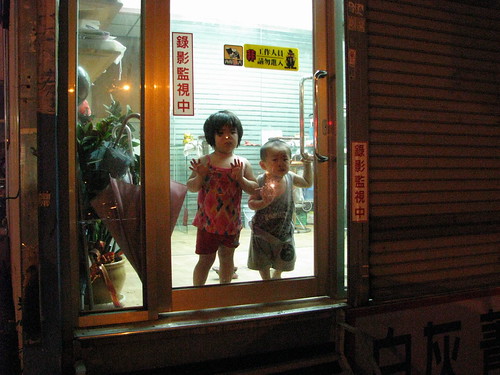
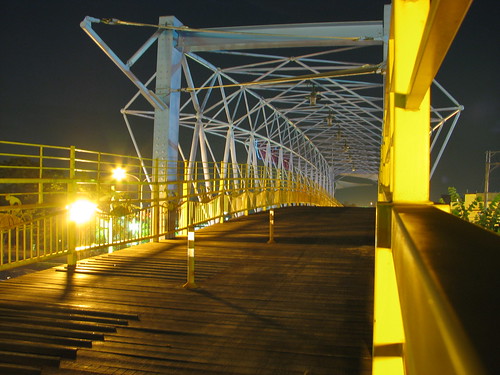
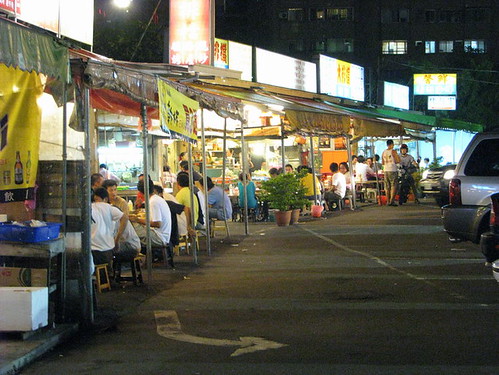
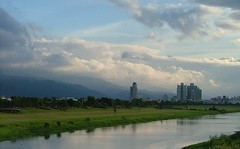
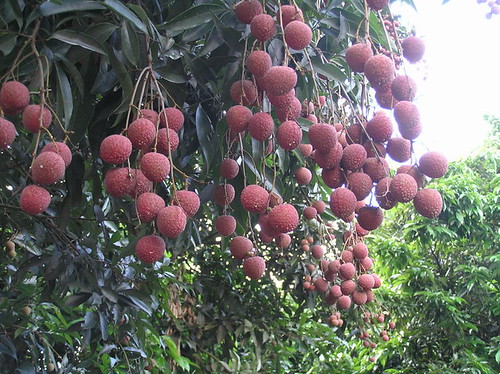
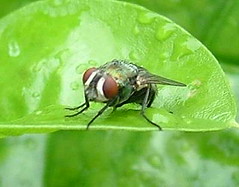

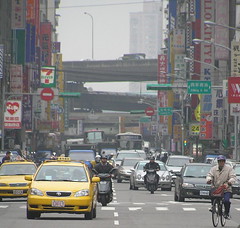 I blogged last week on the rectification of names in Taiwan and
I blogged last week on the rectification of names in Taiwan and 













